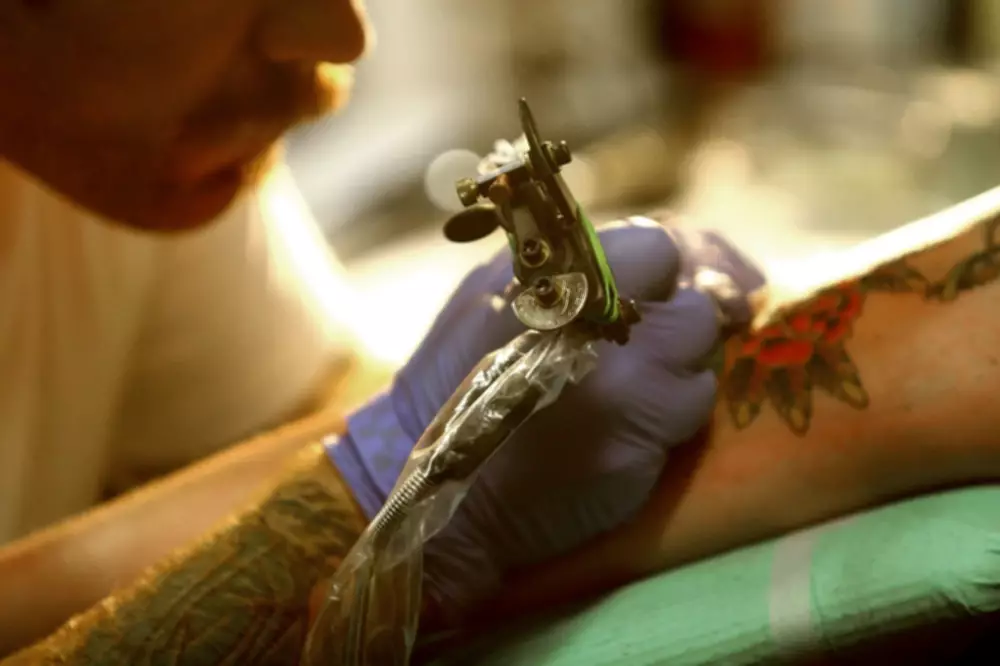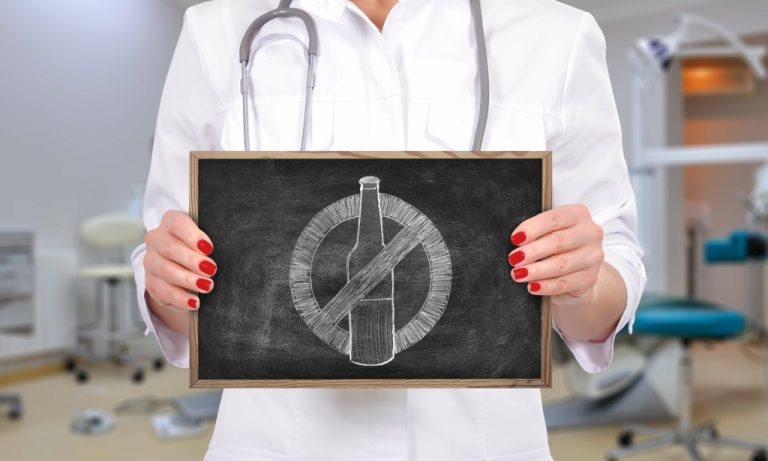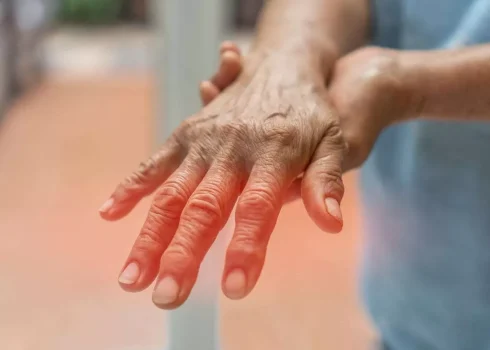
Now that you’ve written your goodbye letter to addiction, it’s time to transform those powerful words into concrete actions. Your letter serves as a foundation for your recovery journey, but the real work begins with implementing the changes you’ve promised yourself. The next step in your recovery journey is to turn your goodbye letter into a plan. So goodbye to my lover goodbye to alcohol. -Your client will participate in an activity in which they will write a goodbye breakup letter to their addictiondrug of choice DOC.
- A goodbye letter to Alcohol – Cranstoun Dear Alcohol I had no idea when we first met as to how you would make such a massive impact on my life.
- After all the good times we spent, you ended up ruining my life.
- 24/7 recovery support—reach out now, we’re here for you.
Start your Journey Today! 1-( 444-1838

We promise it is a decision you will not regret. Our team is here for you seven days a week for physical and emotional support. This helps to underscore the reasons for your decision to let go.

Step 4: Express gratitude and farewell
- Begin by downloading our Goodbye Letter to Addiction template, which provides a framework for expressing your sentiments towards addiction.
- What do you have to look forward to once you are sober?
- I’m gonna really miss you when I fire up the grill.
- It’s a sincere acknowledgment of the challenges and a declaration of determination to move toward a life of resilience and fulfillment.
- This letter is as much a way of saying goodbye to the addiction as it is a commitment to one’s self to break free.
I know that asking for help can be difficult, but please know that you are not alone. There are people who care about you and want to help you overcome this challenge. I hope that you can find the strength and courage to take this important step towards healing. I am writing this letter to you with a heavy heart and tears in my eyes. Your addiction to alcohol has caused me a great deal of hurt and pain, and I can no longer ignore the toll it has taken on our relationship.
- I even buried it in a cemetery down the street from my house.
- It’s no longer only me on the other end of the line.
- Writing a goodbye letter to alcohol can be done with pen and paper, or on a computer, or phone – or whatever suits you.
- Perhaps you might write a letter to yourself to remind yourself of this.
- There are lots of methods of quitting alcohol out there and it is very much a ‘horses for courses’ approach.
For Loved Ones
- I leave knowing that whatever the future holds for us, I will always look back at this time fondly.
- What can you say on paper that you cannot say out loud?
- Instead, you might begin to concentrate on your healing prospects.
Icarus is a modern, innovative healthcare organization offering a path to recovery to those suffering with substance use and mental health disorders. Because of my time at Icarus Behavioral Health, I was able to leave my addiction behind and become a driven, healthy individual. It all started with me writing that letter to my addiction. When I finished it, I felt a tremendous weight lifted from my shoulders. As incredibly cruel as I was to my own family members during my drug abuse, I wasn’t cruel to you.
When I think about drugs and alcohol, I get sad. I get scared because coming to rehab means sobriety and no more drugs and alcohol. It’s like I’m not saying goodbye to just the drugs and alcohol, but to all the things that I know.
One weak moment, one argument with my girlfriend, and there you were again. I thought it was just a one-time thing, but you didn’t let go. You pulled me back in, harder than before.
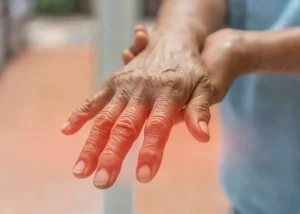
Sample 13: Goodbye Letter to Drugs/Alcohol
Whether you are starting or are far down your recovery path, you may want to consider putting your thoughts and feelings into words. Even if you feel inadequate as a writer, there are so many benefits to writing a goodbye letter to alcohol goodbye letter to drugs that it is well worth the effort. Not only will it help you put the past behind you, but it will also help you focus on the future.
It was a powerful and cathartic experience. Once alcohol has taken a hold on your life it can be. Together you and I have had a long lost journey these past few years.
Our Goodbye Letter to Addiction template offers a guiding hand in this transformative process. With this template, you’ll find how to articulate your farewell to addiction, acknowledge past struggles, and embrace the promise of a brighter future. Navigating substance abuse, often stemming from traumatic childhood experiences, can be daunting. Recognizing these challenges is crucial for individuals and their loved ones. When you make the decision to get clean, you have to be one hundred percent comfortable with your decision. You have to realize that times will be tough whether you are clean or not.
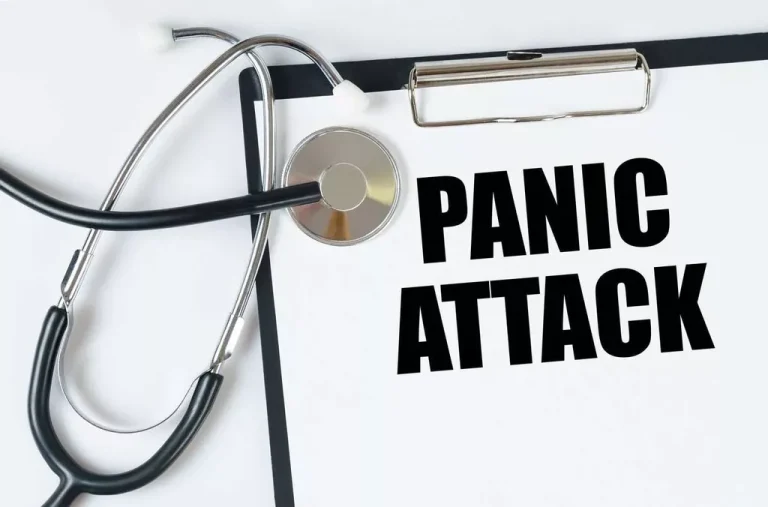
Challenges in the Goodbye Letter Writing Process and How to Address Them
You thought that you would be able to get rid of me. I will not let it because I am stronger than you and Drug rehabilitation I am saying goodbye. You became the hardest relationship I have ever had to experience. Eventually, you took everything away from me. You told me that as long as I let you control everything in my life, everything would be okay.




